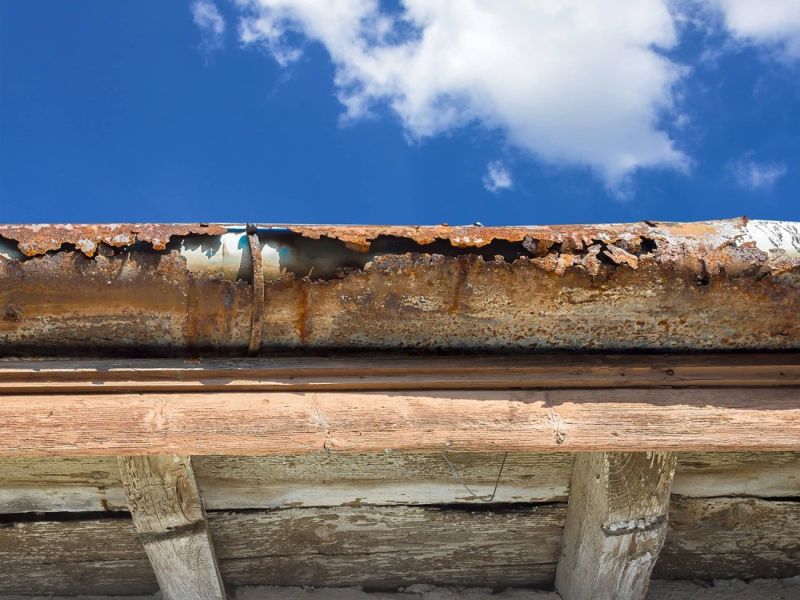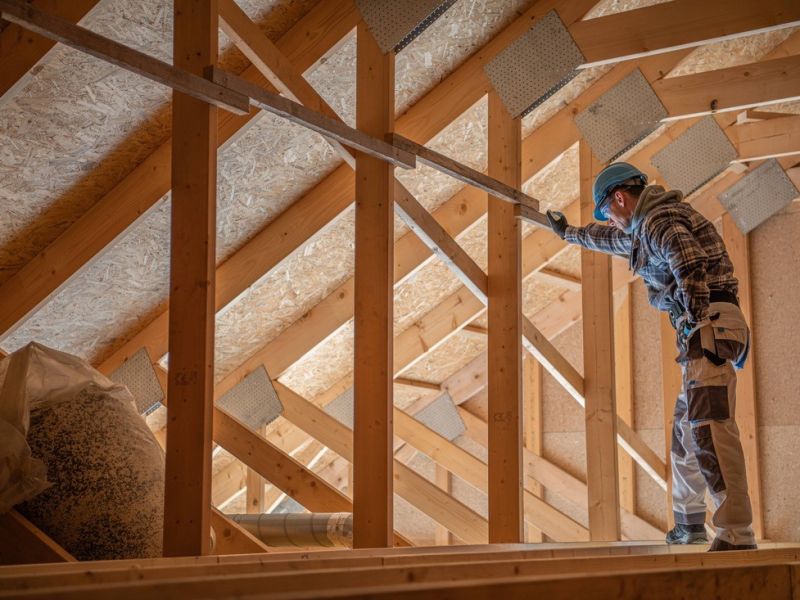
Attic Soundproofing Materials Selection Options
When it comes to creating a peaceful and quiet environment in your home, soundproofing your attic can make a significant difference. The attic is often a major source of noise transmission, whether it’s from outside traffic, neighbors, or even internal noise from HVAC systems. In this article, we will explore the different attic soundproofing materials and options available for effective noise reduction.
1. Attic Insulation
Attic insulation is not only beneficial for energy efficiency but also plays a crucial role in soundproofing. Insulation helps in reducing sound transmission through the roof and walls of the attic. Commonly used insulation materials include fiberglass, cellulose, and spray foam. The choice of insulation material depends on factors such as budget, insulation performance, and ecological impact.

2. Acoustic Panels
Acoustic panels are widely used for soundproofing in various spaces, including attics. These panels are designed to absorb sound waves and prevent them from bouncing off hard surfaces, thus reducing noise reflections. Acoustic panels can be installed on the walls and ceilings of the attic to effectively absorb and dampen sound.
3. Mass Loaded Vinyl (MLV)
Mass loaded vinyl, also known as MLV, is a dense material that offers excellent soundproofing properties. It is typically used as a barrier to block airborne sound transmission. MLV can be installed in the attic walls or attached to existing surfaces such as drywall. It effectively reduces noise transmission from outside sources.
4. Soundproof Curtains
Soundproof curtains are another option to consider for attic soundproofing. These curtains are made with multiple layers of dense fabric and are designed to absorb and block sound. They can be installed over windows or used as room dividers to create a soundproof barrier in the attic.
5. Green Glue
Green Glue is a specialized compound used to create sound-damping barriers. It is typically applied between layers of drywall or other building materials to reduce noise transmission. Green Glue is easy to use and provides effective soundproofing for attics, helping to minimize airborne and impact noise.
6. Sealing Air Leaks
Air leaks in the attic can contribute significantly to noise transmission. By sealing the gaps and cracks in the attic, you can not only improve energy efficiency but also reduce noise infiltration. Weatherstripping, caulking, and insulation can be used to seal air leaks and create a more soundproof attic space.

7. Soundproof Flooring
If your attic is used as a living space, soundproof flooring can be an essential addition to reduce noise transmission between floors. Adding a layer of underlayment or using soundproof carpet pads can help absorb impact noise and prevent it from traveling to other parts of the house.
8. Soundproofing Professional Consultation
For a comprehensive and customized soundproofing solution, consulting with a professional soundproofing company is highly recommended. They can assess your specific attic space, identify the main sources of noise, and recommend the most suitable soundproofing materials and techniques.
Attic soundproofing materials selection options vary based on factors such as budget, level of noise reduction required, and personal preferences. By combining multiple soundproofing techniques and materials, you can create a quiet and peaceful attic space that allows for relaxation and improved quality of life.
For more information on attic repair, restoration, insulation, and other related services, you can visit Houston Restoration Group.
